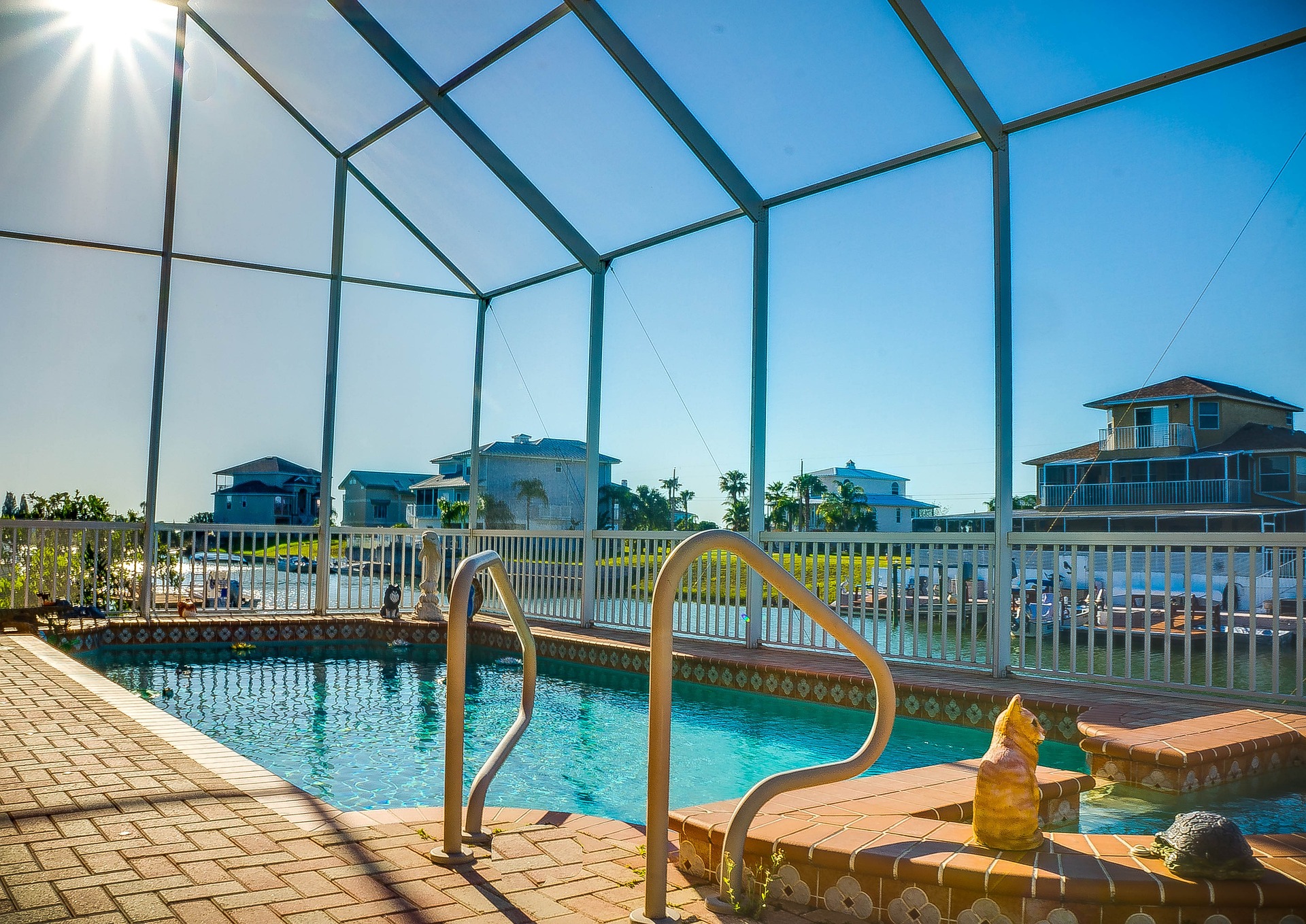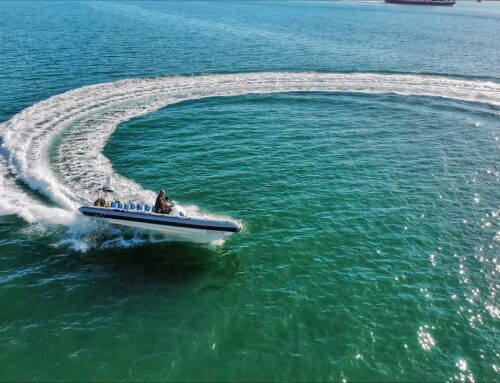Florida is starting to leave behind chilly days as we transition into spring, and everyone will soon be looking for ways to beat the heat. With the type of weather we have and the necessity to cool down, it’s no surprise that Florida tops the list of the number of swimming pools per state. However, backyard swimming pools are tragically the cause of many injuries and deaths, especially to young children. This year, get prepared and learn the dangers and possible injuries that are associated with residential swimming pool accidents.
Most Common Sources of Dangers
State and local governments have become increasingly involved in pool regulation to ensure young children’s safety and well-being. Recent 2022 statutes for residential pool safety highlight some of the most common concerns experts feel can lead to child endangerment and the best ways to combat them.
As personal injury attorneys, we believe it is essential that you learn how to protect yourself from liability by addressing safety faults at your own pool and also know if you have any recourse following you or a loved one getting injured at another person’s pool. Here are the issues typically associated with Florida swimming pool accidents.
Slips, Falls, Injuries From Diving – The most common type of injury will be bruises, cuts, or severe damage sustained by coming into contact with the hard ground. This can be because of slippery, unmaintained pool decks or improper markings and distinguishers of steps, ledges, and shallow areas within a pool. Pool decks should be created with non-slip material and kept clean of algae and other substances that can cause one to lose their footing. Furthermore, shallow areas in the pool should have clear markings – different color material, tiles, posted warnings – that ensure someone diving or jumping into the pool is aware of the depth. Falling onto the hard surface next to a pool or crashing into concrete from a jump can both lead to severe injuries like paralysis or death.
Water Quality – Pool water left to its own devices will become dirty, full of plant and bacteria growth, and unsafe for humans. Combatting this with chemicals or saltwater solutions is necessary, but both extremes can lead to injuries or illnesses for swimmers. Too many chemicals can be caustic or dangerous if inhaled, and too few chemicals can allow harmful bacteria to grow. Hiring a professional pool cleaning service will shift any potential liability onto the insured company and away from you in the case of future problems. Chemicals should also be stored properly to prevent young kids from ingesting them unknowingly.
Electricity – It isn’t uncommon for backyard pools to become hangout spots full of electronics to play music or keep people entertained. Aspects of the pool system itself, such as pumps and cleaners, also need a source of power to work correctly. Water and electricity do not mix well, so precautions should be taken to ensure they do not come together in a dangerous incident. All outside outlets should be GFCI outlets that will cut off power instantaneously on the detection of moisture, and metal components of structures found near the water’s edge should be grounded.
Because of the immense amount of reported injuries every year stemming from residential pools, knowing the potential risks allows you to keep your pool safe for visitors and minimize the liability you have. Furthermore, if you or a loved one is injured at a residential pool, you should know what precautions the pool owner should have taken to keep you safe.
If you have been injured because of a pool owner’s negligence, call today to learn more about your rights and potential for compensation. Probinsky & Cole are personal injury attorneys based in Orlando, Sarasota, and Brandon, Florida.








